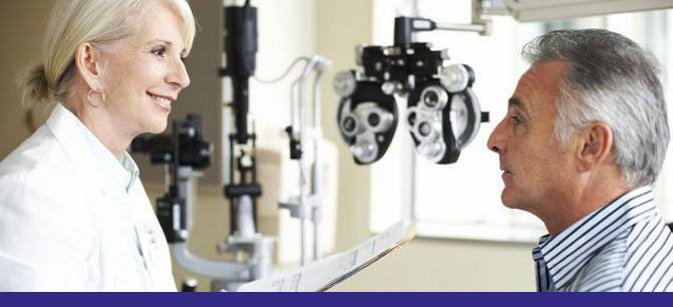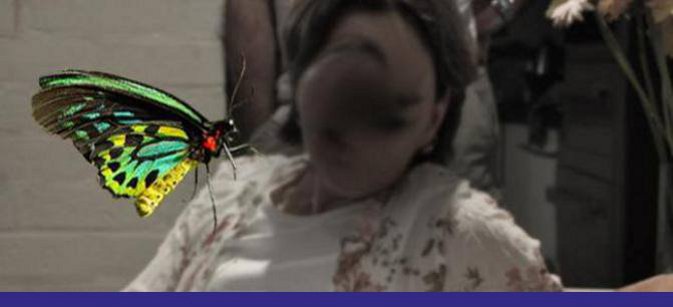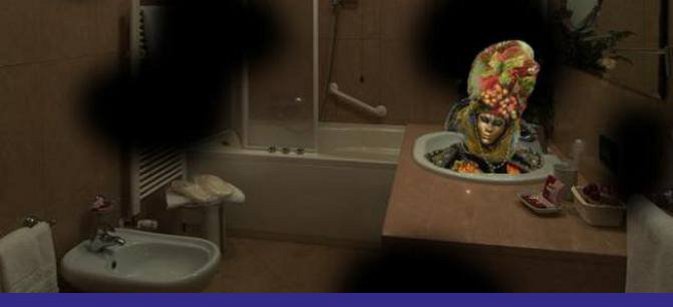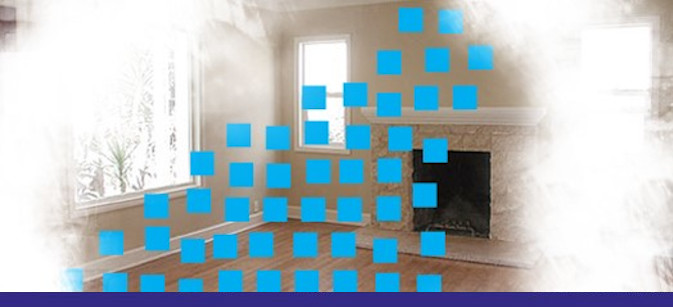
In its latest revision of the International Classification of Diseases (ICD), the World Health Organisation (WHO) formally recognised Charles Bonnet syndrome as a distinct clinical condition in June, 2019.
This updated eleventh edition (ICD-11) is the first revised version since 1990 (ICD-10). The previous version (ICD-10) had CBS fall under the general category of 'visual disturbances' but has now been clinically recognised in its own right. CBS has been allocated its own code (9D56) within the ICD-11.
The syndrome was first clinically noted in 1760 and yet ever since CBS has struggled to gain any real foothold in medical or health care spheres. Formal acknowledgement by the WHO is warmly welcomed and signifies a recognition milestone for the cause.
The ICD-11 took formal effect as of January 1, 2022 and applies to clinicians worldwide. Beyond official recognition of CBS, it is hoped that this delivers a global increase in the identification and diagnosis of the syndrome. To view the actual CBS listing within the ICD-11, please click here.
Please note that the Foundation queries the phrase 'usually temporary' to describe the duration
of the syndrome. Whilst CBS symptoms have been traditionally viewed as transient, recent studies -
as well as anecdotal evidence within the Foundation - suggests quite a different story.
Cox & ffytche (2014) found that 75% of those living with CBS had retained symptoms for at least
five years. The Foundation knows of instances where CBS has persisted well beyond a decade.









